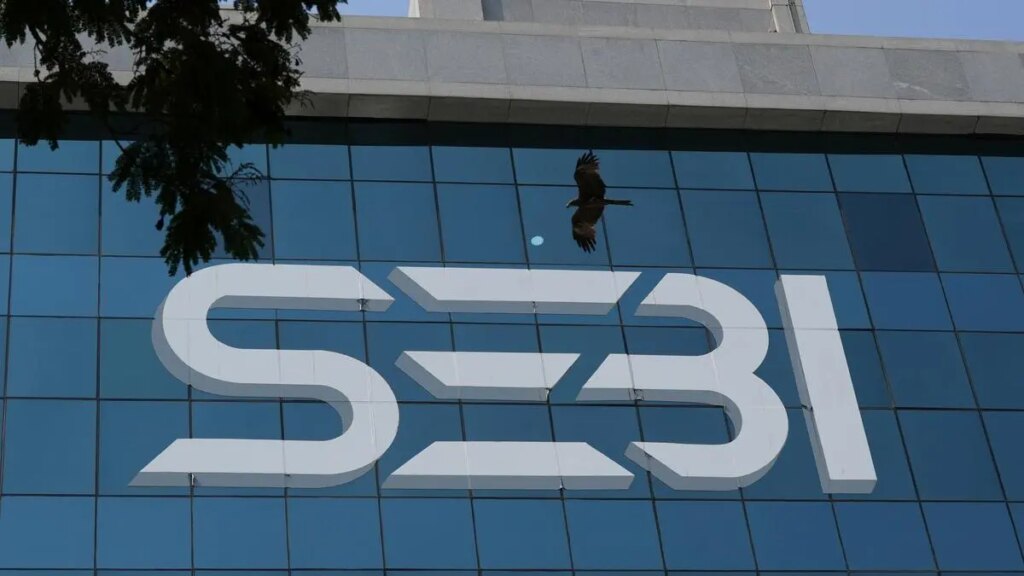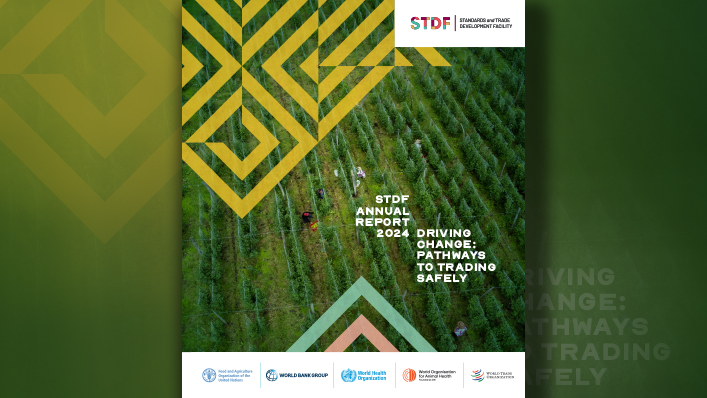The brokers’ Industry Standards Forum (ISF) has proposed a 10 orders-per-second cap for algorithms developed by tech-savvy retail investors to be registered with stock exchanges through brokers — part of SEBI’s broader push to make algo trading safer for retail participants.
While the exchanges are largely on board with this threshold, SEBI may opt for a tighter limit in the final standard operating procedure (SOP) expected to take effect from May 1, according to people familiar with the matter.
Stock exchanges are scheduled to meet with the brokers’ ISF on Friday to discuss the proposed framework. SEBI will then review the SOP over a 15-day window before approving its implementation, sources said.
In February, the regulator proposed allowing retail investors to participate in algorithmic trading through defined safeguards. SEBI outlined a regulatory framework assigning roles and responsibilities to brokers, algo providers, and market infrastructure institutions (MIIs).
Deadline extension
Under this framework, implementation standards were to be finalised by the brokers’ ISF and cleared by exchanges and SEBI by April 1. However, the deadline was extended to May 1 as the SOP reached exchanges only in the last week of March, requiring more time for deliberations with brokers and MIIs.
Retail investors may either develop their own algos or access them via application programming interfaces (APIs) offered by brokers. These APIs would be linked to algo providers, who shall act as agents on behalf of the principal broker. All such trades will be required to carry a unique exchange-provided code and operate through a static IP address whitelisted by the broker.
The draft SOP proposes that brokers categorise any order stream exceeding 10 orders per second as algorithmic. It also outlines measures to monitor open APIs, static IPs and enforce open and two-factor authentication. A list of “Category 1” white-box algos — where the logic is disclosed and replicable — has also been included in the framework.
Exchanges will need to set up a system to empanel algo providers and tag all algo orders using unique identifiers. The algos will not be registered after the requisite documentation is submitted to the exchanges, and there may not be a fast-track or normal queue, said the source.
Some brokers might already have similar thresholds implemented. Zerodha, for instance, enforces a 10 orders-per-second rate limit on its APIs and its retail trading platform Kite. Currently, there is no prescribed limit on algo order rates in the equity market.
Published on April 9, 2025









